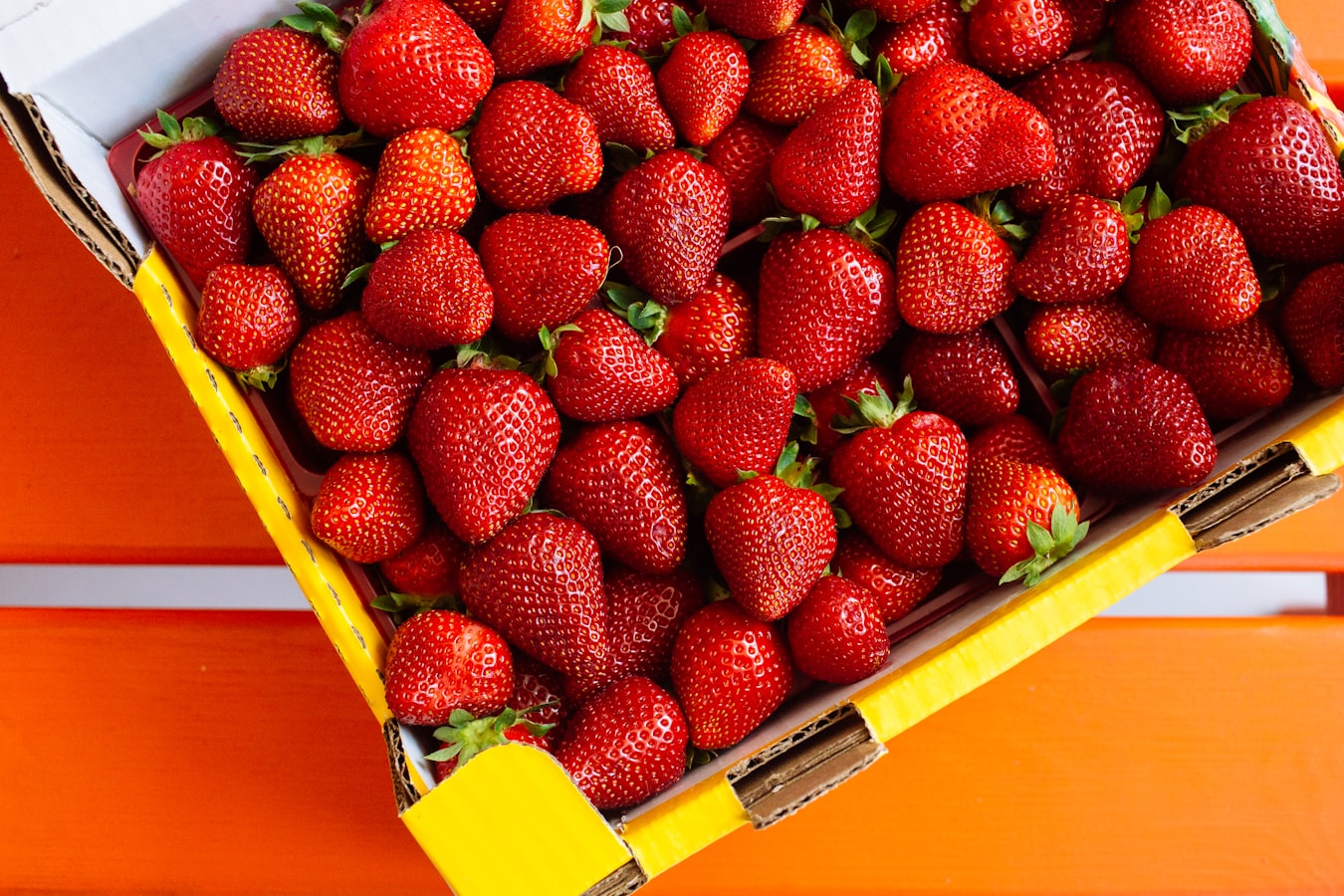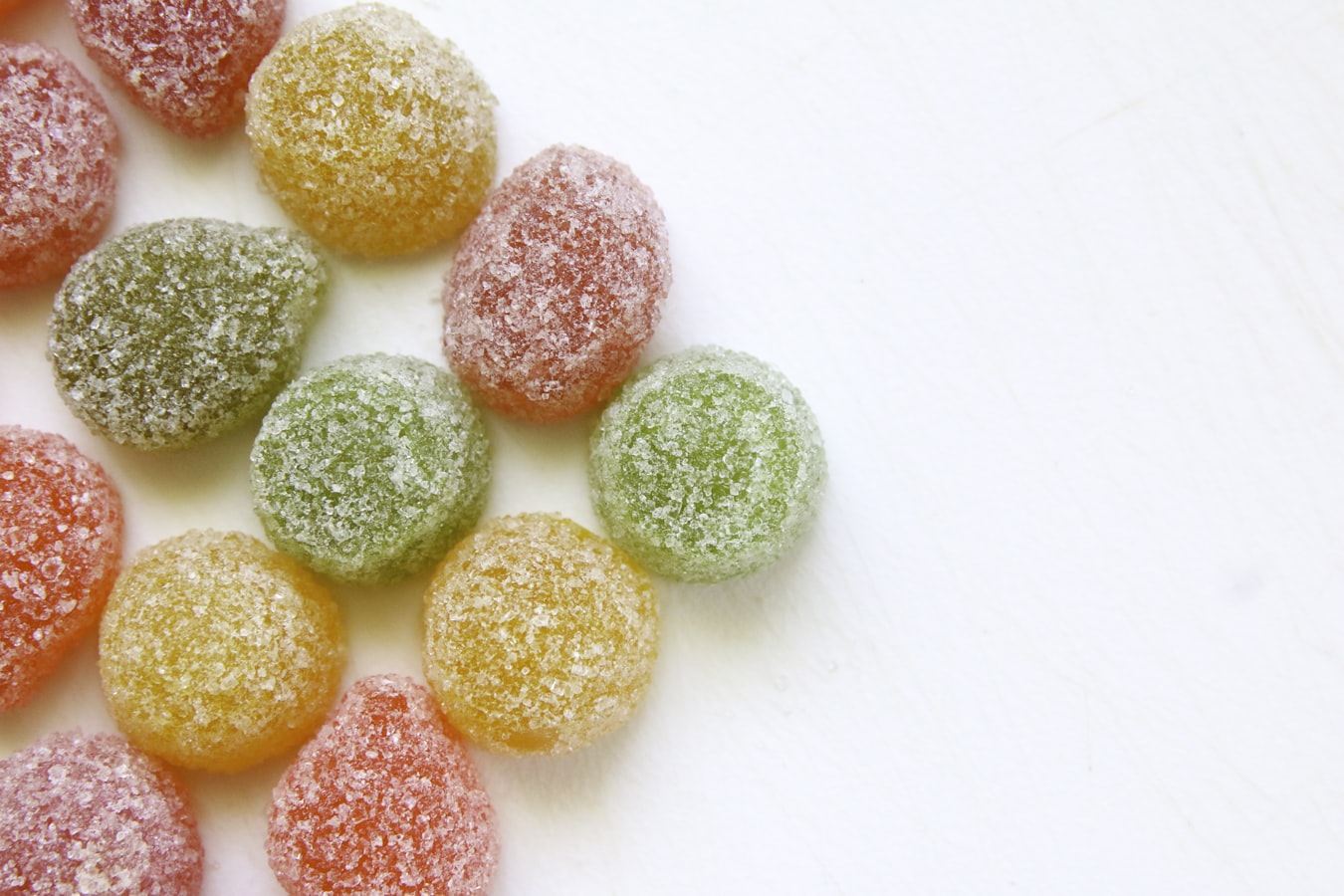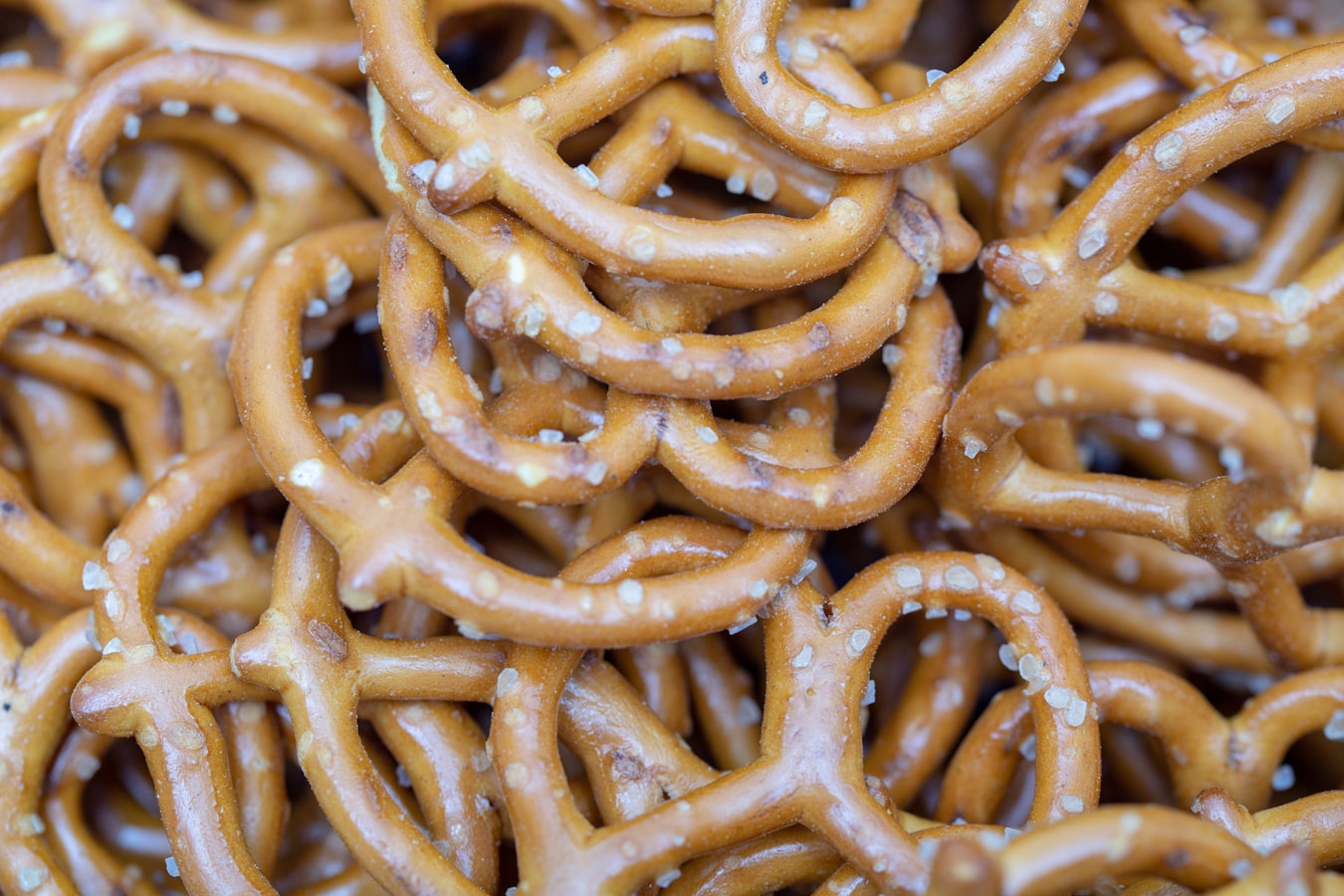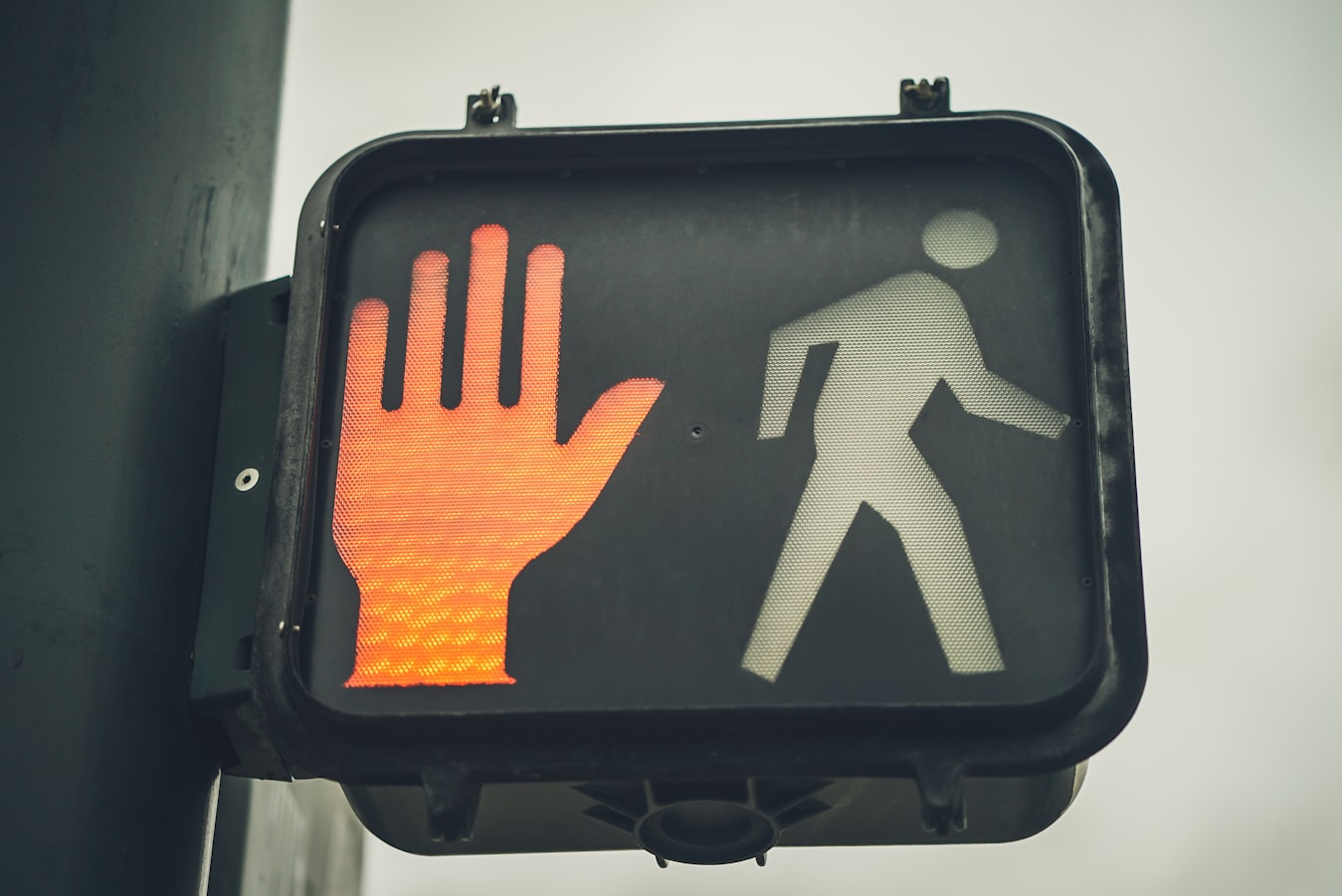As soon as you got pregnant, you might have mentally thought back over the past few weeks to everything you’ve eaten, what you drank, and what you did. Have I been conscious of foods to avoid while pregnant?
You might think something along the lines of:
Was I healthy enough?
Have I had alcohol?
Did I eat anything bad?
These are all common thoughts! Don’t worry, if you haven’t felt sick at the time of possibly eating something you shouldn’t have, you’re probably in the clear. So, while you get caught up on everything you need to know during your first trimester, use this guide to help you figure out what foods are best to stay away from during your pregnancy.
DISCLAIMER: As always, remember that we are not medical professionals and this should not be taken as medical advice. If you have doubts or would like medical advice on the best foods to eat and avoid during your pregnancy specifically, consult your doctor. They know your situation best.
Guide to this post:
- Which fruits should be avoided during pregnancy?
- Foods to avoid while pregnant with gestational diabetes
- Foods to avoid while pregnant with acid reflux
- The Top Snacks to Eat During Pregnancy
- What Foods should not be eaten during pregnancy

Which fruits should be avoided during pregnancy?
In general, fruits are great during pregnancy. Full of vitamins and minerals that your body thrives on as you grow a whole new life inside you, fruits are the perfect snack for when you’re out and about.
There are only a couple of precautions to have when it comes to fruits during pregnancy.
- You have to make sure they’re washed properly and dried before you eat them
- Avoid anything you haven’t had before (exotic fruit, fruits you haven’t eaten). This is mainly because you can’t be sure that you won’t have an allergic reaction and they might have harmful parasites. Especially if they were brought from abroad.
Finally, any canned fruit should be removed from the can to store and eaten within 2 days after you open them.
So, long story short, you’re pretty safe when it comes to fruit! Munch away!

Foods to avoid while pregnant with gestational diabetes
Gestational diabetes essentially means you have high blood sugar (glucose) during pregnancy. You didn’t have it before, but now that you’re pregnant, your blood sugar went up.
It’s relatively common and there are certain things you can do to stay healthy and well during your pregnancy. First of all, you can ask your doctor whether you should start taking insulin or not.
If you don’t have to, MedLinePlus is a source that suggests you avoid simple carbs like potatoes, white rice, candy, soda and other sweets. This is, of course, because your body will process them all as sugar which will raise your blood sugar levels.
Additionally, you should avoid any yogurt with added sugar (you’ll be surprised how many are full of sugar!). Those with artificial sweeteners are also to be avoided as they’ll have the same effect.
You’ll also want to avoid high saturated fats in foods. This will include hamburgers, cheese, bacon, and even butter! That diet might go against all the cravings you have during pregnancy but there are lots of low-fat recipes for pregnancy that you can follow to try to soothe that want for fatty foods.

Foods to avoid while pregnant with acid reflux
There are a number of factors during pregnancy that can lead to more acid reflux. For one, the valve between your esophagus and your stomach relaxes due to pregnancy hormones. This means the acid in your stomach can find its way to your throat.
Secondly, the more pregnant you get, the more this might happen to you. The uterus will grow and press into the stomach. Finally, when you’re pregnant, your digestive system slows down and keeps food in your stomach longer so you might feel constipation, indigestion, and heartburn.
So now that you know what causes heartburn during pregnancy, surely you’re eager to know what alleviates it. As far as foods, you should try raw almonds, ginger or ginger tea which are all known for helping your tummy feel much more at ease and fighting nausea, indigestion, and heartburn. Pineapple can also help move things along in your digestive system and moving around (walks, light exercise) can also help so try to avoid laying around!
Avoid eating anything citrus, spicy, fatty as well as carbonated or caffeinated drinks. To help your heartburn, there is a variety of over the counter medications like Tums, Gaviscon, and others. Speak to your doctor about if these are okay during your pregnancy and avoid the above-mentioned foods to try to maintain heartburn at bay as your baby prepares to arrive.

The Top Snacks to Eat During Pregnancy
By the end of your pregnancy, you should be eating an extra 500 calories a day in order to give your body the fuel it needs to finish growing a full human. In order to do this, you will (luckily) need to eat some snacks between meals.
The best thing you can do to eat the best snacks that add to your nutrition and don’t just fill your stomach with carbs is prepare. The snacks that are great for you while you’re pregnant don’t differ a whole lot from the ones you eat when you’re not. Things like trail mix, whole grain pretzels, air-popped popcorn, fruits (especially berries) will all be great for you to eat as you wait for your next meal.
For a more protein-dense snack, you can always try delicious snacks like hummus, edamame, nuts, chickpeas, and hard-boiled eggs. Some of these might be more appetizing than others depending on how you’re feeling, but there are plenty of options for you to prepare your snacks per week, per day, whatever you can handle to have you reaching for the healthiest, yummiest treats when you need them.

What Foods should not be eaten during pregnancy
The main reason to avoid certain foods during pregnancy is because of the toxins that they might have. One of these risks is toxoplasmosis which is a small parasite living in some foods that are undercooked or not processed correctly.
When you’re not pregnant, these toxins might just make you ill, but during pregnancy a lot of these can have severe effects on you and your baby long-term. Some of these foods include undercooked meat, avoiding raw cured meats altogether.
Unpasteurized Dairy Products
Avoiding unpasteurized milk and dairy is also advised. This doesn’t mean avoiding dairy period, but rather any dairy product that hasn’t been pasteurized. This doesn’t have to be limited to cow’s milk, either. Goat’s milk and sheep’s milk all should be pasteurized if you plan to consume them.
Liver and Liver Products
If what you’re doing is trying to avoid toxins, staying clear of the one organ that processes toxins in the body, the liver!
Vitamin A (or Multivitamins)
Anything with vitamin A or fish liver oils should be avoided. Sometimes, you might see supplements that are “fortified with vitamin A”. These are not safe during pregnancy for the same reason you shouldn’t eat liver. Too much of this vitamin can cause problems for your baby.
Pate
Even vegetable pate can contain listeria, a bacteria that causes an infection which can create problems for your pregnancy or even follow your baby once their born causing them illnesses.
Soft Cheeses
Some of the best-tasting cheeses for when you’re not pregnant will have to take a rain-check now. This means any mold-ripened cheese like brie, camembert and such. This includes goat’s cheese unless you eat it after steaming it. Dash blue, gorgonzola and Roquefort are also to be avoided (again, unless you steam them). Listeria could also be present in cheeses like these.
Raw Eggs
You should cook the eggs that you eat until the whites and yolks are cooked all the way through. This means no runny eggs, no homemade mayonnaise, no homemade mousse, etc. Raw eggs can give you salmonella which in a bad case could cause harm to your baby.
If you do get salmonella, you should be fine but will probably experience vomiting and diarrhea.
Fish
Despite fish being very healthy for you and being an important part of your pregnancy diet, there are some types of fish you should avoid. This, of course, will be easier or more difficult to do depending on your cultural background and traditional relationships to these. Avoiding the following types of fish can have harmful toxins.
Nuts
If you or your partner have asthma, eczema or allergies, avoid peanuts or peanut butter because they’re a common cause of allergies. It’s thought by some doctors that consuming these products could cause your baby to be allergic to them. This, though, has never truly been shown with evidence.
Ta-da! There you have it. These are the main foods to avoid while pregnant! Have extra questions? Lots of pregnancy apps have a complete explanation of all the foods to eat and the ones to avoid. You can and should also consult your doctor to make sure you’re getting everything you need.